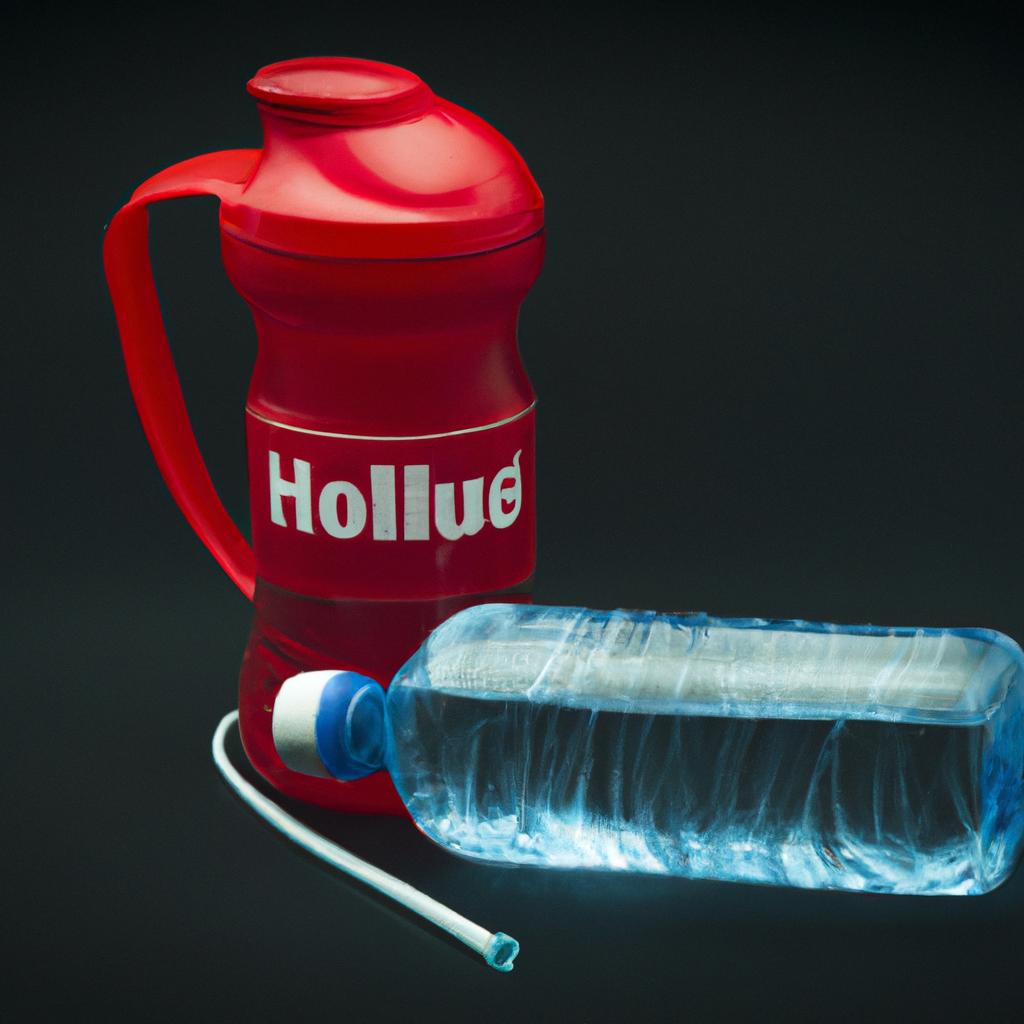**”Hydration and Altitude: The Importance of Proper Fluid Intake for Performance in High-Altitude Environments”**
# Hydration and Altitude: The Importance of Proper Fluid Intake for Performance in High-Altitude Environments
As outdoor enthusiasts and athletes venture into high-altitude environments, the physical challenges they encounter are manifold. The combination of lower oxygen levels and decreased atmospheric pressure can significantly impact performance. Among the most critical yet often overlooked factors in maintaining optimal performance at high altitudes is hydration. Understanding the importance of proper fluid intake can make a considerable difference in endurance, recovery, and overall health during these strenuous activities.
## The Effects of Altitude on Hydration
### Decreased Humidity and Increased Fluid Loss
One of the primary challenges of high-altitude environments is the significantly lower humidity levels. As altitude increases, the air becomes drier, leading to increased fluid loss through respiration and perspiration. This can result in a higher risk of dehydration, even before athletes realize they are losing fluids.
### Increased Metabolic Rate
At altitude, the body works harder to supply oxygen to the muscles, leading to an increased metabolic rate. This heightened energy expenditure can further elevate fluid needs, making it essential for individuals to remain vigilant about their hydration status.
## Nutrition Tips
### Stay Ahead of Thirst
It’s crucial to understand that thirst may not be a reliable indicator of hydration needs, especially at altitude. Athletes should aim to drink water consistently throughout the day, rather than waiting until they feel thirsty. A good rule of thumb is to consume at least 3 to 4 liters of water daily when engaging in high-altitude activities.
### Electrolyte Balance
In addition to plain water, electrolyte-rich drinks can be beneficial for maintaining fluid balance. Sodium, potassium, magnesium, and calcium are vital for muscle function and hydration. Consuming sports drinks or electrolyte tablets can help replenish these essential minerals, especially when sweating profusely.
### Nutrient-Dense Foods
Opt for nutrient-dense foods that provide not only hydration but also essential vitamins and minerals. Fruits like watermelon and oranges have high water content, while nuts and seeds offer healthy fats to sustain energy. Including a balance of carbohydrates, proteins, and fats will also aid in maintaining energy levels during strenuous activities.
## Exercise Advice
### Gradual Acclimatization
Before engaging in intensive workouts, it’s critical to allow the body time to acclimatize to the altitude. Gradual exposure can help the body adapt to the lower oxygen levels, reducing the risk of altitude sickness. Start with light exercises, increasing intensity as your body adjusts.
### Monitor Fluid Intake During Exercise
During physical activities, athletes should aim to drink approximately 0.5 to 1 liter of water per hour, depending on the intensity of the exercise and individual sweat rates. Carrying a hydration pack or easily accessible water bottles can help ensure consistent fluid intake.
### Post-Exercise Rehydration
After exercising, it’s essential to rehydrate effectively. Aim to consume 1.5 liters of fluid for every kilogram of body weight lost during the activity. This can be achieved through water and electrolyte drinks, ensuring a quick recovery and preparing the body for subsequent activities.
## Health Benefits
### Enhanced Performance
Proper hydration at high altitudes can lead to improved physical performance. Adequate fluid intake helps maintain blood volume, supports muscle function, and enhances endurance, enabling athletes to perform at their best.
### Reduced Risk of Altitude Sickness
Staying well-hydrated can help mitigate the symptoms of altitude sickness, such as headaches, nausea, and fatigue. By maintaining fluid balance, athletes can better adapt to the challenges posed by high altitudes and reduce the likelihood of experiencing severe symptoms.
### Improved Recovery
Hydration is also crucial for recovery after strenuous activities. Water aids in nutrient transport to cells and helps eliminate metabolic waste, facilitating quicker recovery times and reducing muscle soreness. Proper hydration supports overall health and well-being, allowing individuals to continue enjoying their high-altitude adventures.
## Conclusion
In high-altitude environments, where the physical demands are heightened and the risk of dehydration increases, maintaining proper hydration is essential for optimal performance, health, and safety. By being proactive about fluid intake, utilizing electrolyte-rich beverages, and monitoring hydration before, during, and after exercise, athletes can significantly enhance their performance while reducing the risk of altitude-related health issues. Ultimately, understanding the intricate relationship between hydration and altitude can empower individuals to push their limits and fully enjoy the beauty and challenges of high-altitude adventures.















Post Comment